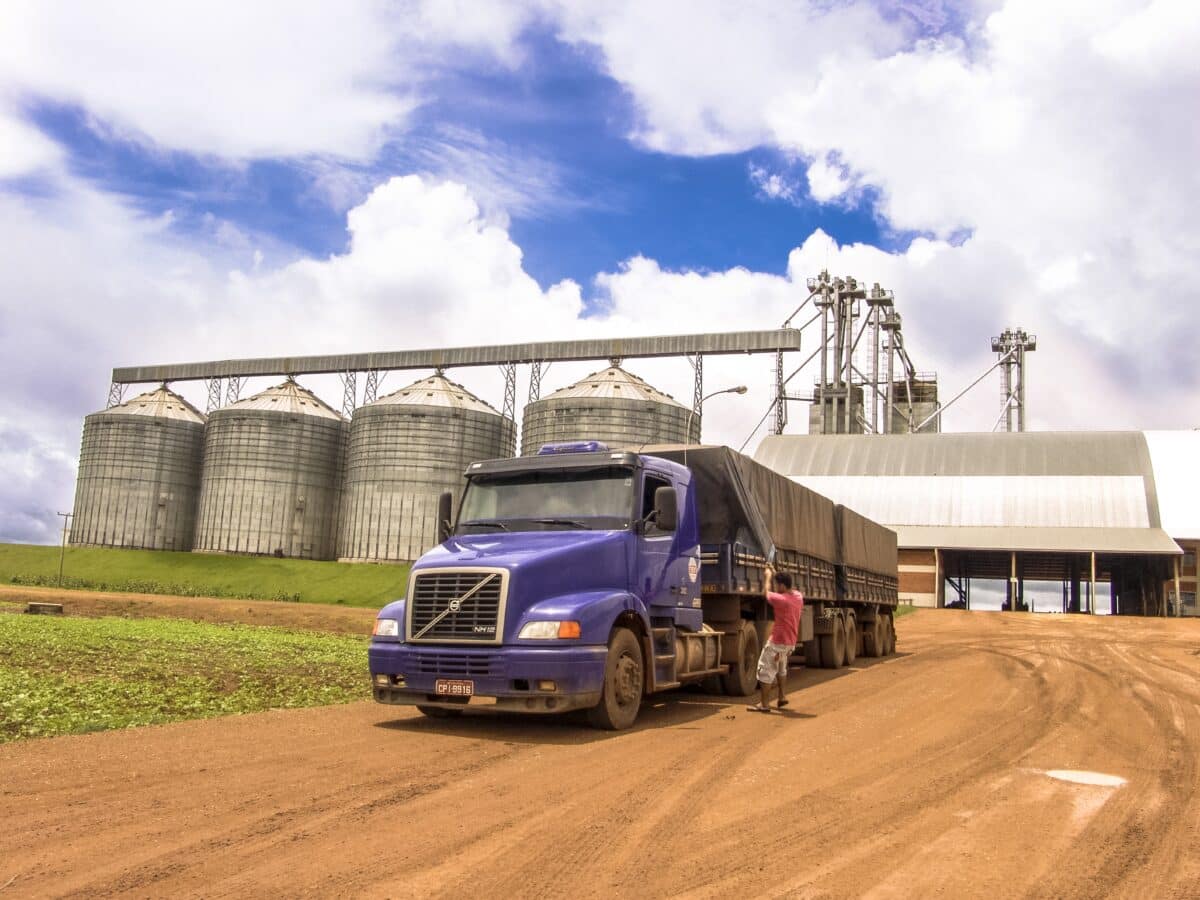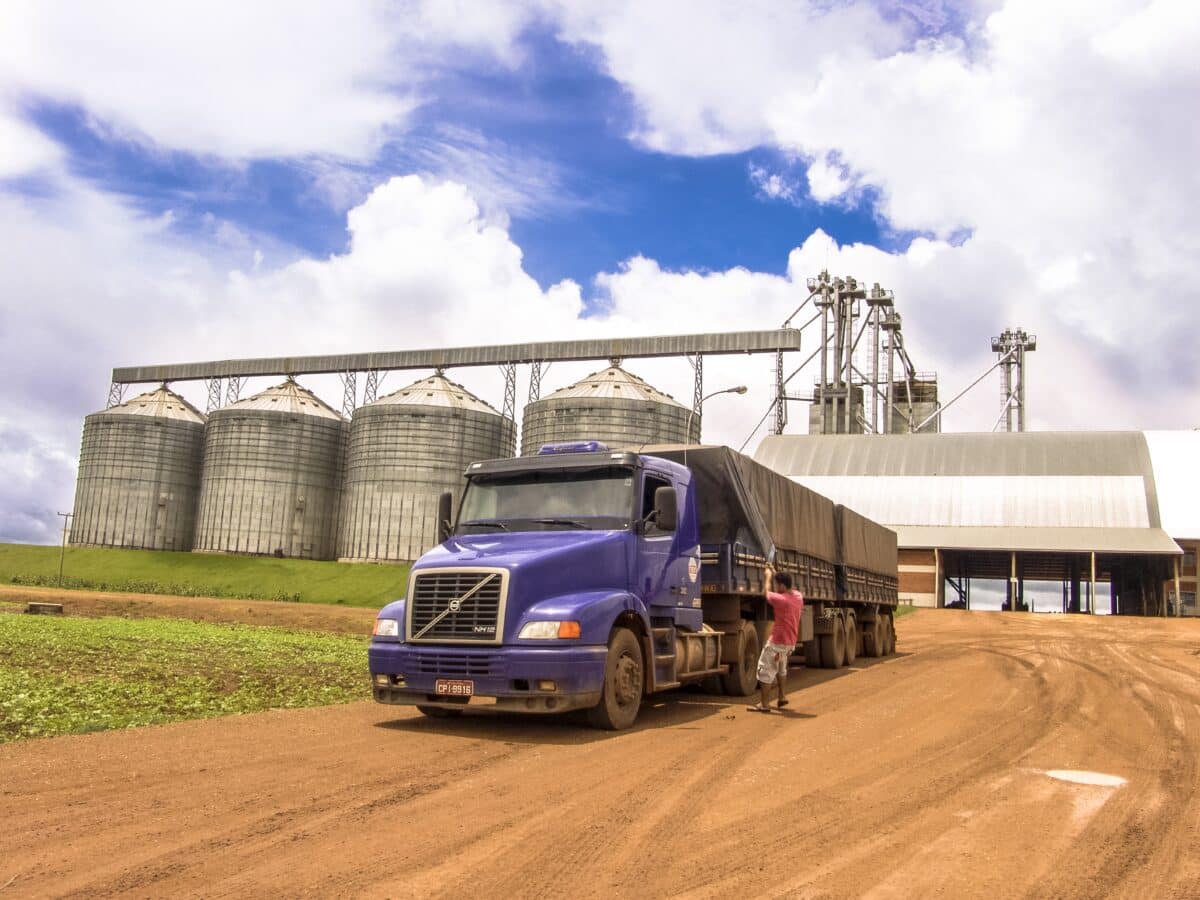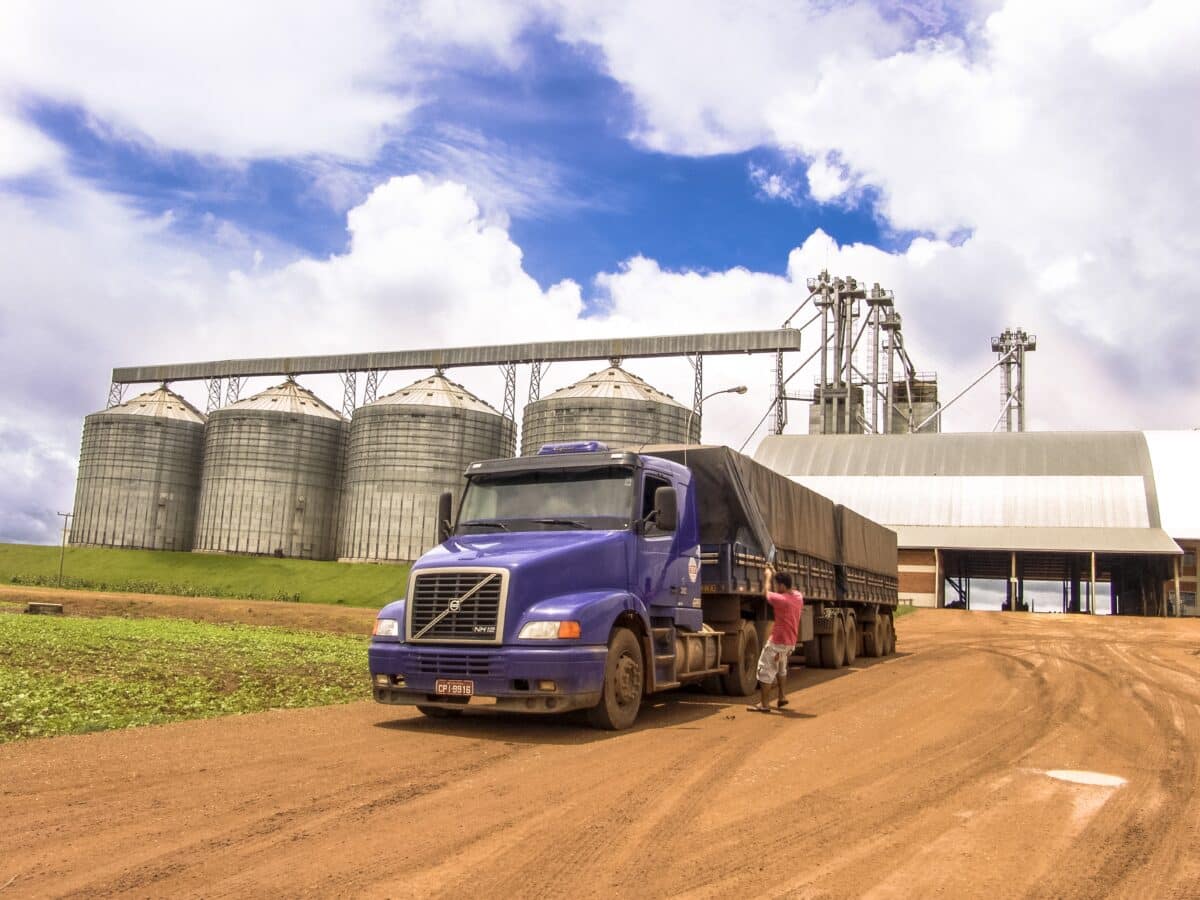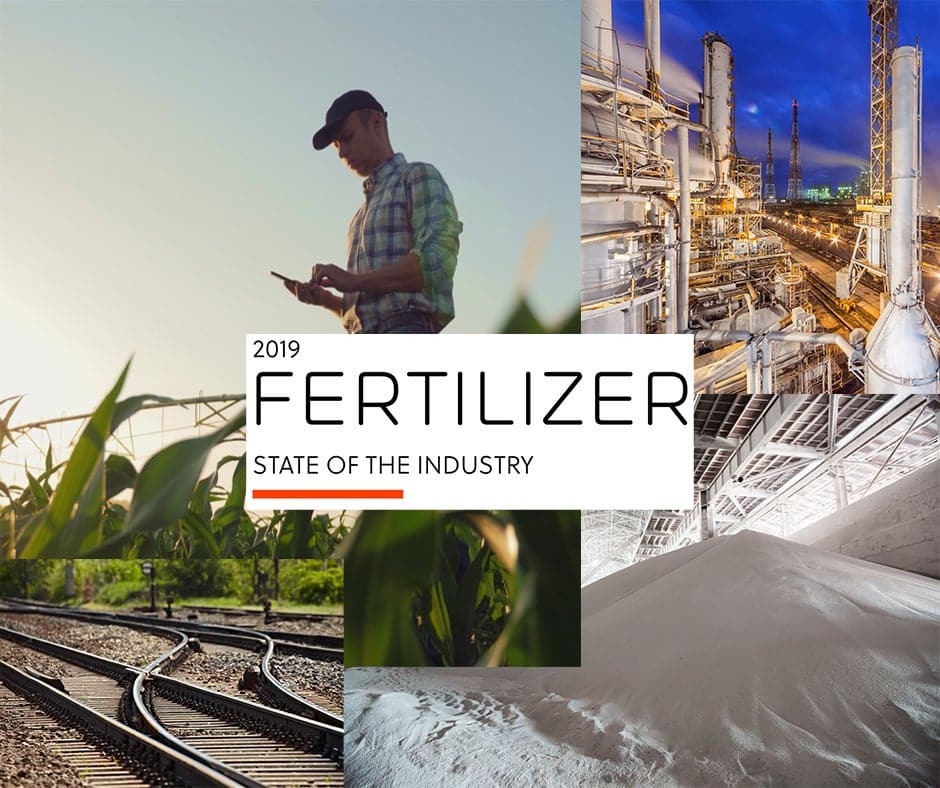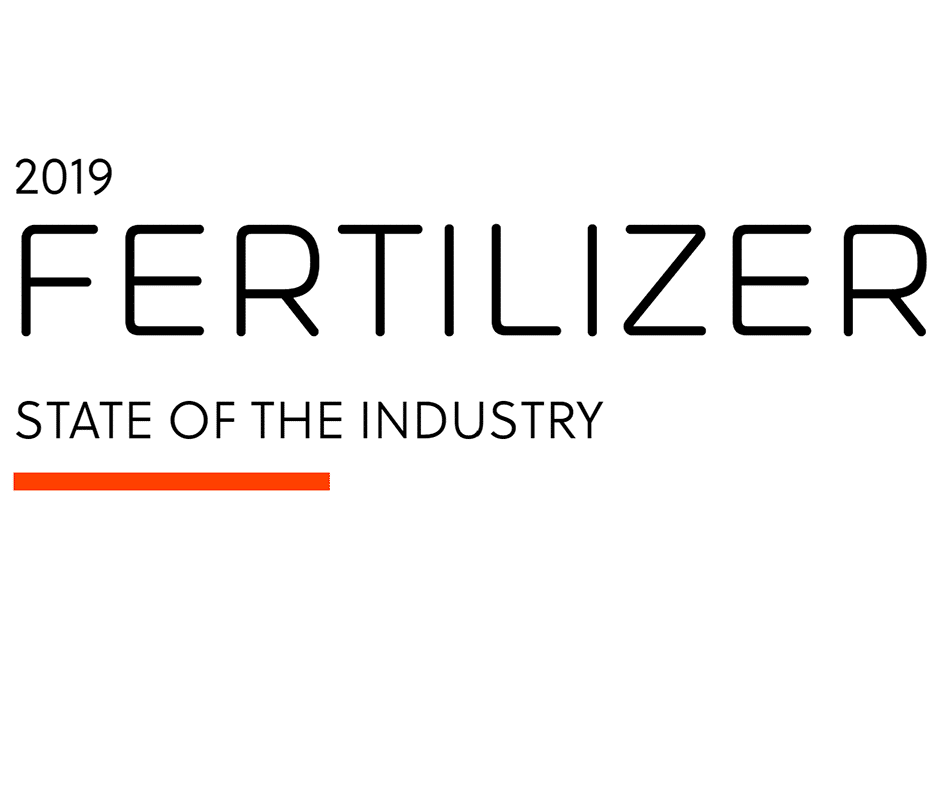TFI Releases 2021 Policy Priorities
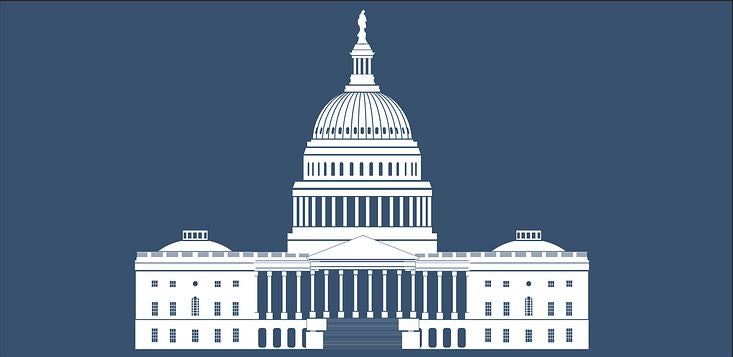
WASHINGTON, D.C. – The Fertilizer Institute (TFI) today released its list of 2021 public policy priorities for working with the Biden Administration, as well as a closely divided 117th Congress.
“Our number one goal is to ensure the fertilizer industry is able to continue feeding the world sustainably within a legislative and regulatory environment that allows for industry growth and innovation,” said TFI President & CEO Corey Rosenbusch. “The policy priorities identified and approved by our members illustrate the industry’s focus on the safety and security of employees and the communities in which they operate, a commitment to environmental stewardship, and the efficient use of energy.”
TFI’s priorities are broken down into six key areas: safety and security; energy and economic growth; environment; innovation; trade; and transportation and infrastructure.
“While safety and security are always the number one priority for our members, the environment is also at the top of the list. Specifically, the important role that the fertilizer supply chain plays in being part of the solution to address the many challenges of a changing climate,” Rosenbusch continued. “The fertilizer industry is essential to our modern way of life and our members have made minimizing the environmental impact of crop nutrients a key pillar of how they operate. We want to see that reflected in public policy. It is absolutely critical that any climate change policies or initiatives must not impact our ability to provide farmers with the crop nutrients they need.”
Rosenbusch says that some of that is offense and some of that is defense. An example of offense is TFI’s work to promote the important role agricultural retailers have in providing agronomic assistance and expertise to farmers looking to implement sustainable fertilizer practices such as the 4Rs, which is utilizing the right source of fertilizer, at the right rate, at the right time and in the right place. “The 4Rs are a scientifically proven method of getting maximum crop yield while significantly reducing environmental impacts, such as run-off, and any state nutrient loss reduction plan must include the 4Rs as a backbone to handling crop nutrients.” Agricultural retailers are also well-positioned to assist their farmer customers interested in participating in voluntary, market-based carbon markets that incentivize the implementation of fertilizer best management practices on the farm which are proven to help sequester carbon in the soil.
On defense, Rosenbusch says it is mostly about the unintended consequences of policies. “On the issue of greenhouse gas emissions, U.S. production of nitrogen fertilizers is both energy-intensive and trade exposed. We need to make sure that policies are not put into place that send production to areas of the world that do not use more efficient production methods and lack the same type of environmental protections we have in the U.S. Greenhouse gas emissions are a global issue and discouraging efficient production in the U.S. in favor of a dirtier process overseas actually harms the environment more than it helps.”
Tony Will, Chairman of the TFI Board of Directors and President & CEO of CF Industries, Inc., added, “The fertilizer industry in the United States is proud of its legacy of ensuring the food security for our fellow citizens and for the world in a sustainable manner. Our public policy priorities are a roadmap to build on these contributions and to help address the challenges before us, particularly for the environment. We look forward to working with the Biden administration and Congress on solutions that advance our shared commitment to a better and healthier world.”
While TFI will be heavily focused on environmental policy, the issues of trade, infrastructure and safety & security all are critical to the industry, as well. “TFI supported the USMCA and are hopeful that the Biden Administration will be seeking to update existing and creating new trade agreements that promote open markets and fair competition,” Rosenbusch continued. “Trade is incredibly important specifically to our industry, but also to our grower customers that are quite literally feeding the world and need fair access to new and expanded markets.”
Infrastructure is critical to the fertilizer industry because of the just-in-time nature of demand. “Fertilizer needs to be delivered to growers exactly when and where they need it and there is not much room for error. When the optimal window opens it has to happen, and the industry must be ready and ensure the materials are all in place,” explained Rosenbusch. “Bottlenecks due to road or bridge closures or delays because of crumbling locks and dams have the potential to be devastating to applying crop nutrients when they are most needed for healthy growth and strong yields.”
TFI will use its member-driven public policy priorities to educate policymakers on the realities of an essential industry that is responsible for half of all food grown around the world. “Our industry is vital to ensuring our farmers can enrich the soil and grow the crops that feed the world and its growing population,” Rosenbusch concluded. “We look forward to working with the Biden Administration and the new Congress.”
TFI’s full list of 2021 public policy priorities can be found here.
###
The Fertilizer Institute (TFI) is the leading voice of the nation’s fertilizer industry. Tracing its roots back to 1883, TFI’s membership includes fertilizer producers, wholesalers, retailers and trading firms. TFI’s full-time staff, based in Washington, D.C., serves its members through legislative, educational, technical, economic information and public communication programs. Find more information about TFI online at TFI.org and follow us on Twitter at @Fertilizer_Inst. Learn more about TFI’s nutrient stewardship initiatives at nutrientstewardship.org and on Twitter at @4rnutrients.


